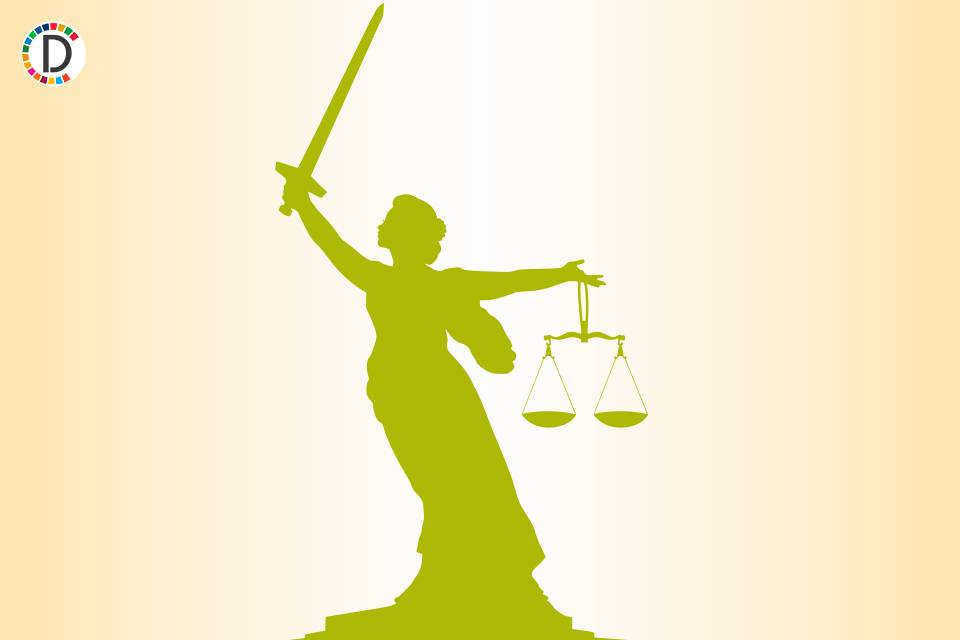Legislation to take conscious call on criminalisation of marital rape, not court: HC told
It told a bench, which is hearing a batch of petitions to strike down the marital rape exception, that the court can issue an advisory but cannot dictate the final position as the same is a matter of policy to be decided in view of various factors including gender studies and its psychological impact.

- Country:
- India
A court cannot decide the issue of criminalisation of marital rape and a conscious call has to be taken by the legislation in the matter after considering all aspects, NGO Men Welfare Trust Thursday argued before the Delhi High Court. It told a bench, which is hearing a batch of petitions to strike down the marital rape exception, that the court can issue an ''advisory'' but cannot dictate the ''final position'' as the same is a matter of policy to be decided in view of various factors including gender studies and its psychological impact. ''When legislation does not act, the judiciary can issue advisory or at least make its mind clear with the pace at which it should move but what does not decide the end outcome of the issue and what must be the final position that must be taken with respect to the policy is not something that can be decided by a court of law even if it is a constitutional court under Article 226,'' argued lawyer J Sai Deepak, representing the NGO. Justice Rajiv Shakdher, who is heading the division bench dealing with the case, however remarked that the NGO's stand is to be accepted, the court ''must fold hands and say listen this is the job of legislation and we will do nothing''. ''How many years has this provision been on the statute? There has to be a sense of proportion. Now if no one moves, what do people do when they say they are suffering,'' the judge observed. Justice Shakhder added that it was seized of a ''legal issue'' that has to be tested against the Constitution. ''We are not not cognizant of the fact that it will impact people but it (the issue) is there but we have to test it,'' the judge stated. The counsel for the NGO asserted that marital rape was a ''social issue couched in legal language because it relates to marital institution'' and therefore its social aspects have to be considered.
He clarified that the NGO, which is opposing the batch of petitions, was not against the recognition of ''spousal sexual violence'' but sought special treatment to protect the institution of marriage and the children in order to avoid the ''deleterious impact'' of the usage of the word ''rape''.
''In every jurisdiction, as opposed to using the word rape, they have used spousal sexual violence. The idea is to try and protect the institution of marriage and the issues of marriage so to speak the children and so that there are no deleterious consequences or psychological effects of the word rape being used in the context of marriage.'' The bench, also comprising Justice C Hari Shankar, is hearing PILs filed by NGOs RIT Foundation, All India Democratic Women's Association, a man and a woman seeking striking down of the exception granted to husbands under the Indian rape law.
The petitioners have challenged the constitutionality of the marital rape exception under section 375 IPC (rape) on the ground that it discriminated against married women who are sexually assaulted by their husbands.
(This story has not been edited by Devdiscourse staff and is auto-generated from a syndicated feed.)
ALSO READ
Indian Navy hands over nine pirates to Mumbai Police
Tech Visionary, Venkata Mudumbai was honored with the International Achievers Award by the Indian Achievers’ Forum
'Modi ki guarantee' for Indian citizens residing abroad: EAM Jaishankar
No 'Shri' to be prefixed before names of Indian Coast Guard, defence forces officers: President Secretariat in RTI reply
Rajnath Singh releases Indian Army UN Journal -2024 theme of ‘Resilience and Adaptability’










